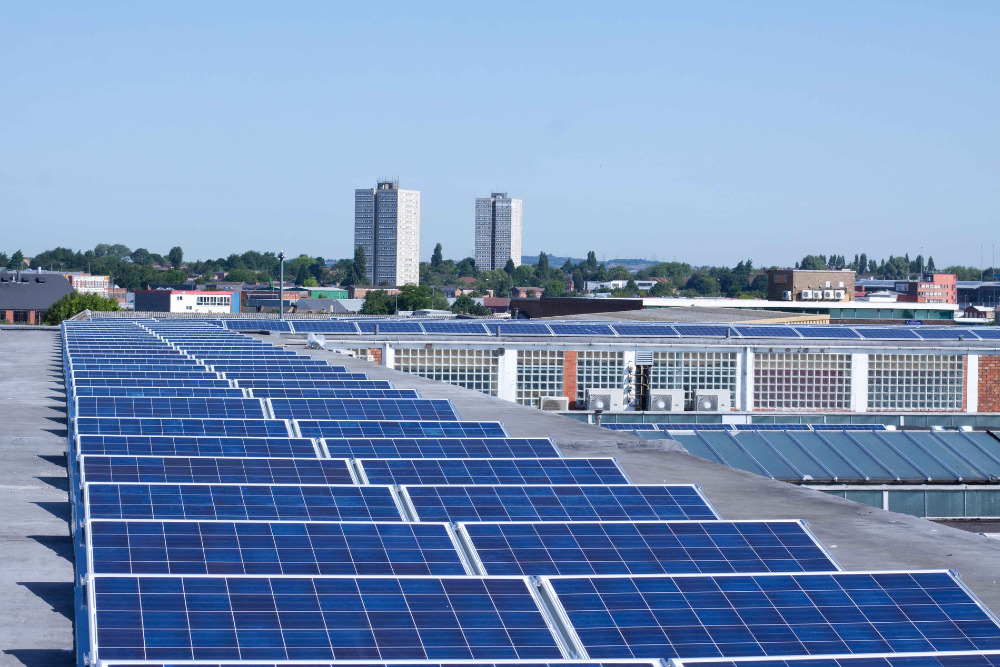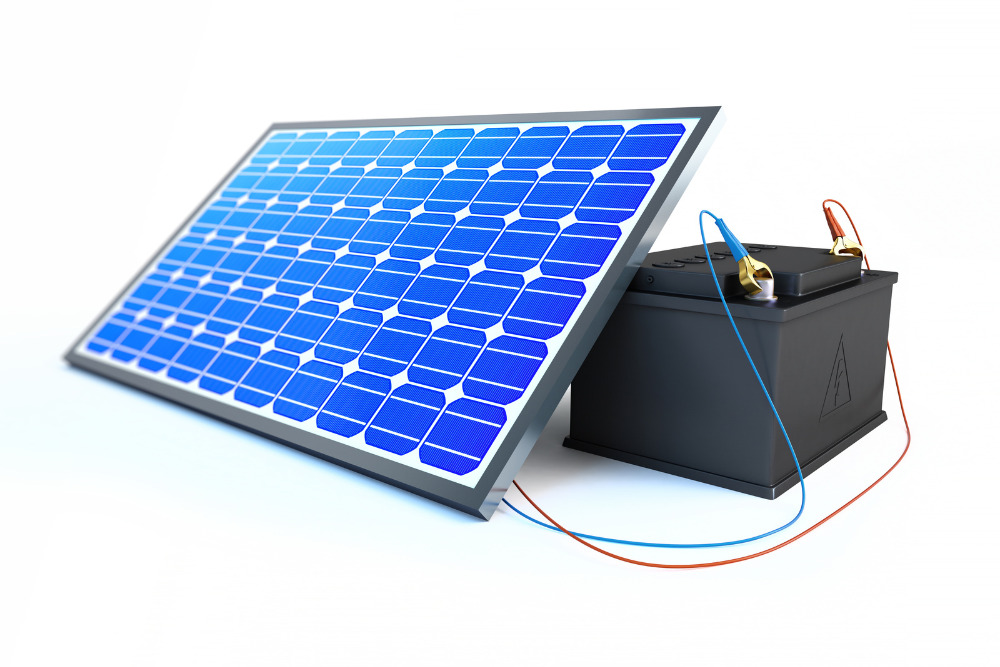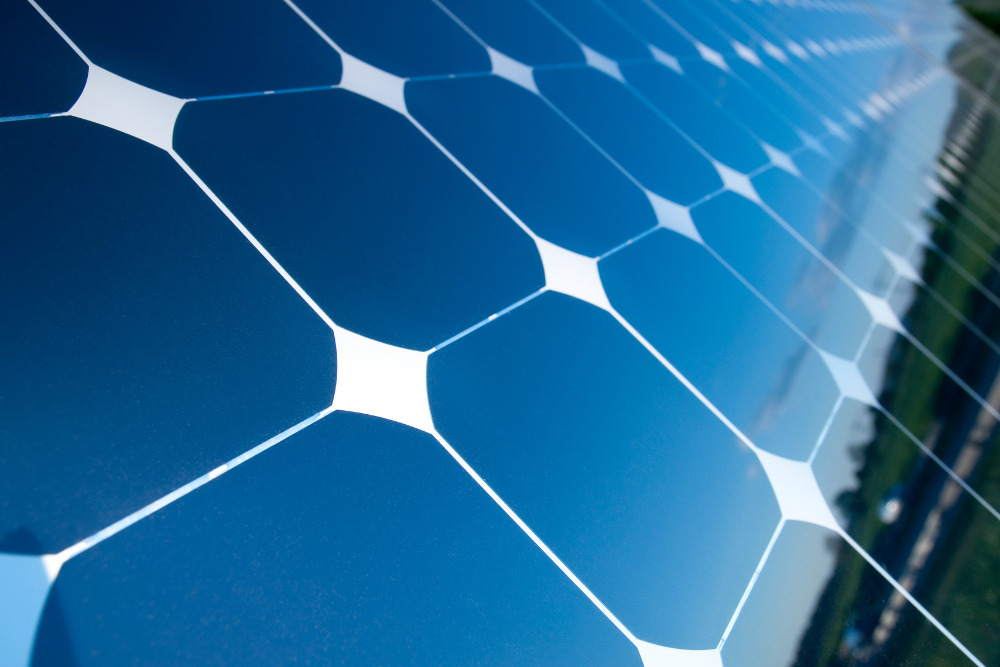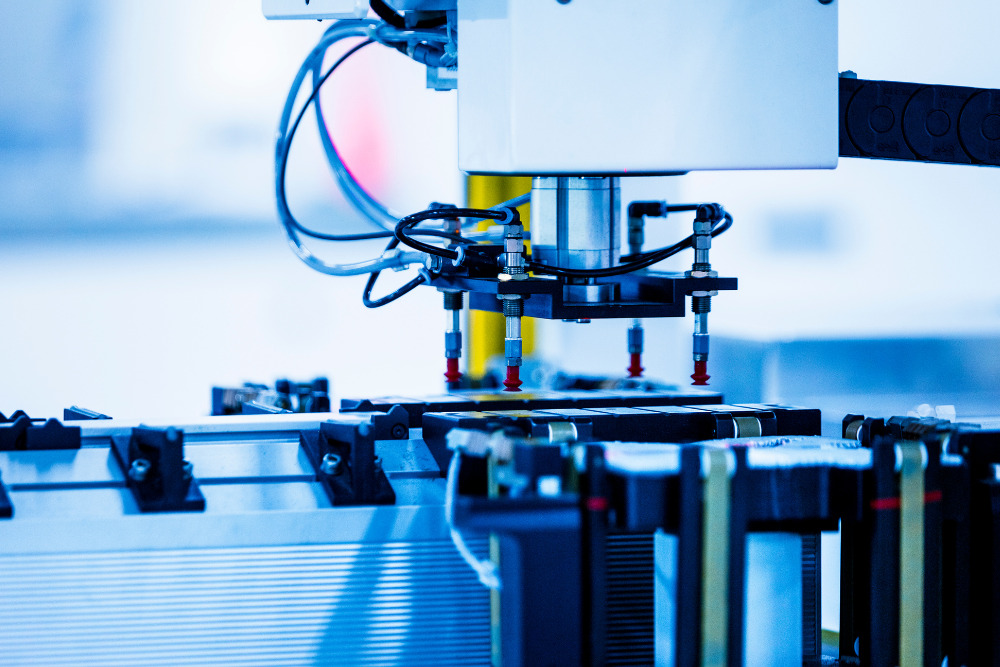
Saving on energy costs, reducing the environmental impact, and improving electric power resilience are some of the key benefits of commercial solar power. Different financing options, branding opportunities, and solar incentives can also make a positive impact to a company’s bottom line.
How Do Businesses Benefit From Going Solar?
Business owners benefit from installing commercial solar panels in many ways, including:
- Long-term operating cost reductions. Commercial buildings powered by solar energy save on electricity bills for the 25 to 30-year lifespan of the solar panel system.
- Energy independence. Relying on a renewable energy source diminishes the effect of power outages on businesses. Plus, it’s a great way for small businesses to save more money on energy bills due to electricity cost fluctuations.
- Return on investment. Commercial solar power systems have about 10%-30% ROI and the payback period on solar equipment investment is around 6-10 years, depending on various factors. Some of those are commercial solar installation costs, energy needs, local electricity rates, and available tax credits and incentives.
- Increased business property value. Commercial solar energy systems boost property value, as the potential buyers are aware of the long-term savings they offer. Many states also offer property tax exemptions for businesses that go solar, which means the system won’t increase the assessed value of the property.
- Commitment to sustainable business practices. Using a clean energy source sends a message that the business cares about reducing greenhouse gas emissions. Moreover, green energy commercial property owners can obtain LEED (Leadership in Energy and Environmental Design) certification, today’s gold standard program dedicated to carbon footprint reduction.
- Corporate Social Responsibility (CSR) initiatives. Sustainability efforts boost companies’ reputations, often attracting supporting investors and like-minded employees and customers. Practicing CSR can also lead to reduced regulatory burdens.
- A variety of financing options. Besides paying for a commercial solar system installation upfront in cash, businesses can take solar loans or leases, participate in Commercial PACE (Property-Assessed Clean Energy) programs, or invest in green bonds to get the funding.
- Government incentives. Incentives for commercial solar installations include investment tax credits, production tax credits, income tax credits, rebates, loan guarantees, tax exemptions, accelerated depreciation deductions, and more. Businesses can find a complete list of incentives available in their area on the Database of State Incentives for Renewables & Efficiency website.
- Low maintenance power source. Solar panels are low maintenance, as they don’t have moving parts. Biannual inspections and cleaning are generally all that’s needed, especially for businesses that employ solar monitoring systems that track performance and detect potential issues.
- Branding opportunities. Rooftop solar systems and ground-mounted panels are excellent marketing opportunities for companies. Business owners can boost their visibility with completely customizable SolarSkin printed overlays.

Are There Any Downsides To Commercial Solar?
The permitting and interconnection processes are the main inconveniences of commercial solar panel installation. Upfront costs can also be a downside for new businesses or nonprofits that don’t have the funds for a big investment.
Solar power is weather dependent, meaning its efficiency may decrease during cloudy days. Shading from trees or nearby buildings can also affect performance and energy output.
Limited roof space can also be an issue. Some businesses choose to install ground-mounted solar arrays instead or capitalize on other large spaces, like parking lots, to install solar canopies.


